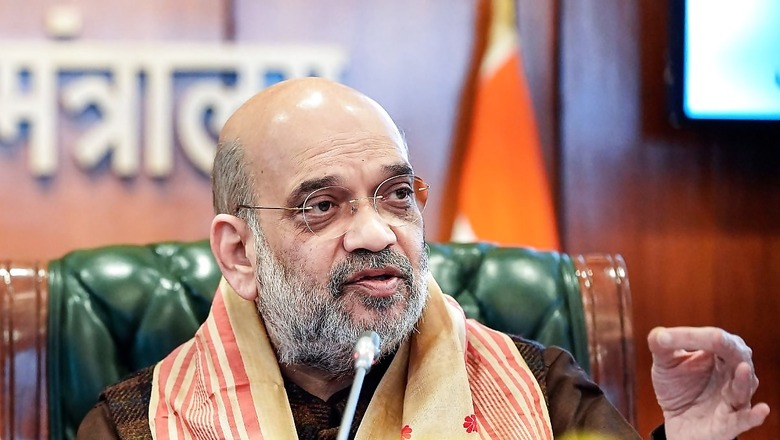
views
The three new criminal laws, which will replace the country’s colonial-era Indian Penal Code (IPC), the Indian Evidence Act, and the Code of Criminal Procedure (CrPC) will come into force from July 1, the Ministry of Home Affairs announced on a notification on Saturday.
The Bharatiya Nyaya (Second) Sanhita, Bharatiya Nagarik Suraksha (Second) Sanhita, and the Bharatiya Sakshya (Second) Bill will replace the Indian Penal Code of 1860, Code of Criminal Procedure (CrPC) of 1973, and Indian Evidence Act, of 1872.
The Ministry of Home Affairs issued three notifications today regarding the date of commencement of these three laws.
“In exercise of the powers conferred by sub-section (2) of section 1 of the Bharatiya Nyaya Sanhita, 2023 (45 of 2023), the central government hereby appoints the 1st day of July 2024 as the date on which the provisions of the said Sanhita, except the provision of sub-section (2) of section 106, shall come into force,” one of the notifications said.
According to Live Law, the Centre at the same time put on hold the implementation of Sub Section (2) of Section 106 of Bharatiya Nyaya Sanhita, the specific provision relates to ‘causing the death of a person by rash and negligent driving of a vehicle’.
The three new laws were cleared by the Parliament last year and President Droupadi Murmu gave her assent to those in December 2023.
The Bharatiya Nyaya Sanhita will include dealing with offences such as acts of secession, armed rebellion, subversive activities, separatist activities or endangering the sovereignty or unity in the new avatar of the sedition law.
To create awareness about the new laws, the University Grants Commission (UGC) has directed universities and Higher Education Institutions (HEIs) across the country to publicise the new criminal laws and dispel “myths” surrounding them.
Among the “myths” cited by the UGC are that the new laws “threaten” individual freedom and aim to establish a “police state”, that sedition provisions have been retained under ‘Deshdroh’ and that these legislations enable “police torture”.
In its communication to the universities and HEIs, the UGC has also sent flayers mentioning these myths and truths.

















Comments
0 comment